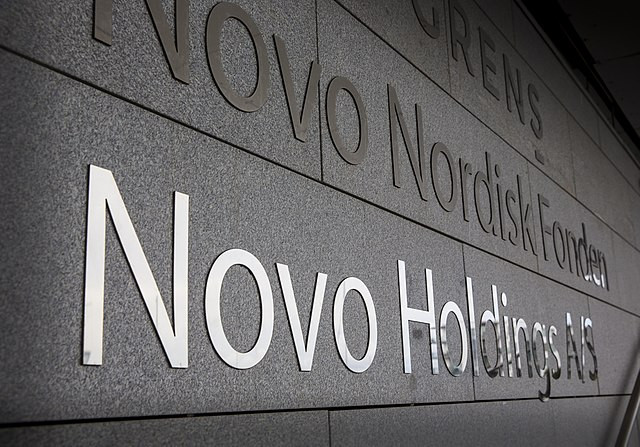Novo Nordisk moved to cut U.S. prices on its leading GLP-1 weight-loss and diabetes drugs as competitive pressure from Eli Lilly and growing scrutiny from President Donald Trump intensify across the obesity-treatment market. The company's price reductions, which apply to Wegovy and Ozempic for cash-paying customers, come alongside new commitments tied to the administration's TrumpRx initiative and renewed strategic emphasis on an upcoming oral formulation meant to reshape patient adoption.
The drugmaker said it would now offer the first two monthly doses of Wegovy and Ozempic for $199 through March, targeting patients who buy directly rather than use insurance. Other self-pay consumers will see monthly costs fall to $349 from $499, though the 2-milligram Ozempic dose remains priced at $499. The discount is available through Novo Nordisk's direct-to-consumer channels and retail partners including Costco, GoodRx and WeightWatchers, as well as more than 70,000 pharmacies nationwide.
The move aligns with a broader pricing agreement with the Trump administration that both Novo Nordisk and Eli Lilly recently accepted. Under that deal, consumers purchasing injectable GLP-1 drugs directly from manufacturers will initially pay around $350 per month, before prices are reduced to roughly $250 over the next two years. If oral GLP-1 tablets receive FDA approval, starting doses will be set at $149 when the government's TrumpRx marketplace launches in early 2026.
Dave Moore, executive vice president of U.S. operations, underscored the company's confidence in the direct-pay segment. "There's a lot of interest in direct pay, self-pay," Moore told CNN. "We know that's an interest of people living with obesity." Cash-pay prescriptions currently represent about 10% of all Wegovy use in the United States.
Novo Nordisk is also preparing for a major strategic pivot as it races against Eli Lilly for dominance in the fast-growing GLP-1 sector. CEO Mike Doustdar said the firm will lean aggressively into its new pill-based weight-loss therapy, expected to receive a regulatory decision by year-end. "We have more than enough pills this time, so we're going to go all in and really make this happen," Doustdar said at an event hosted by the Danish Shareholders Association.
The pricing cuts arrive amid signs of slowing growth for Novo Nordisk in the United States. Doustdar acknowledged that fourth-quarter sales were projected to fall by 4% based on "a mathematical calculation of what we have told the market." He also noted that demand far exceeds the company's current supply, saying, "We are only giving medication to a fraction of those who want it, who need it."
Analysts point to the competitive threat from Lilly's Zepbound and compounded GLP-1 alternatives. BMO Capital Markets analyst Evan Seigerman wrote that Novo's adjusted pricing "likely reflects a reaction to Novo's softening market share as the company looks to regain its footing," noting that starter doses of Zepbound cost $349 a month through Lilly's direct-to-consumer program.
The shift has also caught the attention of major investors. "I like the initiative and the new tone," said Claus Henrik Johansen, CEO of Global Health Invest, adding, "I have long waited for Novo to push a more aggressive strategy to try and regain momentum in the United States." Paul Major, a portfolio manager at Bellevue Asset Management, cautioned that execution risks remain. "This is the 'if you build it, they will come' argument. Prices fall, and you hope you get a volume offset. We'll have to see," he said.
New polling shows high consumer sensitivity to cost: a recent KFF Health Tracking Poll reported that roughly 1 in 8 adults currently use a GLP-1 drug, and among those who have stopped, cost ranks among the most common reasons. Insurance coverage gaps persist as well-Ozempic is broadly covered for diabetes, but Wegovy's $1,349 list price has made weight-loss coverage inconsistent, prompting many patients to opt for self-pay channels now being aggressively discounted.






